
Overview & history
The JSE was formed in 1887 during the first South African gold rush. Following the first legislation covering financial markets in 1947, the JSE joined the World
Federation of Exchanges in 1963 and upgraded to an electronic trading system in the early 1990s. The bourse demutualised and listed on its own exchange in 2005.
In 2003, we launched an alternative exchange, AltX, for small and mid-sized listings, followed by Yield X for interest rate and currency instruments. The JSE then acquired the South African Futures Exchange (SAFEX) in 2001 and the Bond Exchange of South Africa (BESA) in 2009. Today we offer five financial markets namely Equities and Bonds as well as Financial, Commodity and Interest Rate Derivatives.


1887
The Johannesburg Stock Exchange (the JSE) was founded by Benjamin Wollan
on 8 November 1887.
Johannesburg Chambers and Company
(Benjamin's company) was the first company to list.

1890
The second JSE building was built on the same site as the original building in
Simmons Street. Trading activities spilled over into the street, which the mining
commissioner then closed to traffic by means of chains. That is why for many
years thereafter, the heading to the stock exchange price list in The Star
newspaper was "between the chains".


1895
Drd Listed On The Exchange, The Oldest Company Remaining Listed To Date.
1897
Sabmiller (SA Breweries) Listed On The Exchange, The Second Oldest Listed
Company.

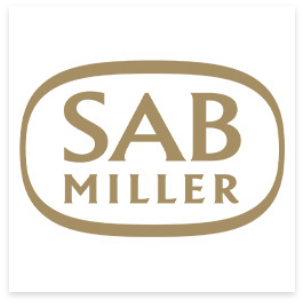
1903
The third building opened in Hollard Street, whch became the financial centre of
johannesburg, and was to remain so for nearly half of the century.



1910
Pretoria Portland Cement Company LTD (PPC) Was Listed.


1937
SAPPILTD Was Listed.

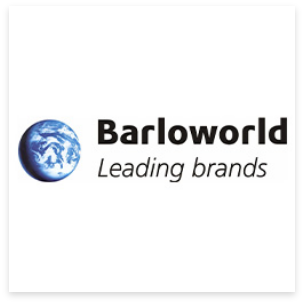
1941
Barloword LTD Was Listed.

1944
Tiger Brands Was Listed.

1947
The Stock Exchange Control Act was promulgated.
1963
The JSE was admitted to the World Federation of Exchanges (WEF)

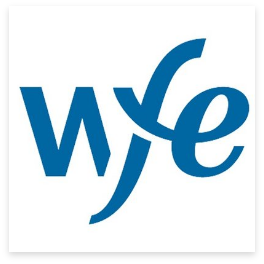
1966
Computerised clearing house based weekly settlement was instituted.
A new law ruling that script had to be delivered or paid for within 7 business
days of the transaction came into force.

1969
Property Unit Trusts were introduced in South Africa, and two established trusts were listed on the JSE.

1993
The JSE becomes a founding member of the African Stock Exchanges Association (ASEA)
ASEA was incorporated in 1993 in Nairobi, Kenya. It aims to provide a formal framework for the cooperation of African securities exchanges.

1995
Amendment of the Stock Exchange Control Act of 1985
The amendment allowed for the introduction of corporate and qualified membership. Corporate broking membership with limited liability was introduced. Member firms were to be the trading entity and not the individual. Foreign members were allowed to operate.
1996
The Bond Exchange of South Africa is formed
The bond market was passed from the JSE to the Bond Exchange of South Africa (BESA). BESA was licensed as a financial market in terms of the Financial Markets Act.
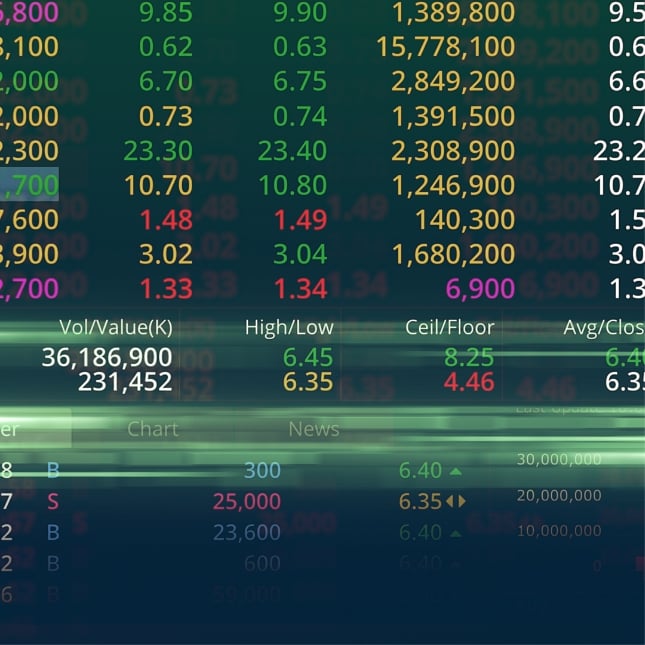

1996
The open outcry trading floor closes
1997
Strate is established
The electronic clearing and settlement organisation Shares Transactions Totally Electronic (Strate) was established. Today Strate is South Africa’s principal central securities depository and central collateral platform.

1997
The JSE launches the Stock Exchange News Service (SENS)
The JSE launched a real-time news service to disseminate company announcements and price-sensitive information.
1999
The Insider Trading Act is promulgated
The Insider Trading Act was introduced with recommendations from the King Task Group, which included JSE representatives.

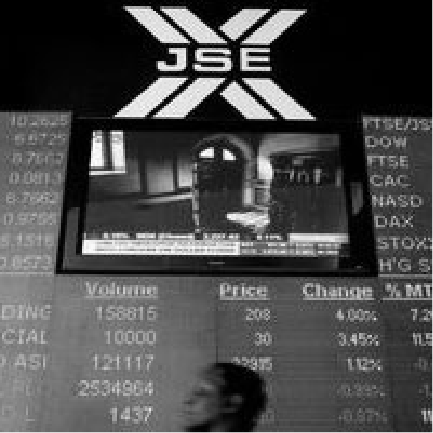

2000
The first exchange-traded fund (ETF) lists
The first ETF in South Africa, known as Satrix40, listed on the Exchange.
2001
The JSE acquires the South African Futures Exchange (Safex)
The JSE purchased the business of Safex, allowing for the trading of listed financial derivatives on the Exchange.


2003
The JSE launches AltX
The JSE created AltX to cater to the needs of small and mid-size companies. AltX provides smaller companies with a springboard onto the JSE Main Board with a clear growth path and access to capital.
2004
The Securities Act was promulgated

2005
The JSE becomes a listed company
The JSE demutualised and listed on its own exchange in 2005, becoming known as the listed entity JSE Limited.
2009
The JSE acquires BESA
The JSE bought BESA to harness the expertise of the two exchanges to deliver increased liquidity, functionality and a broader range of products and services.

2012
The JSE’s Equity Market moves to a new trading platform
The JSE launched a new trading platform Millennium Exchange, developed by technology solutions provider MillenniumIT. The move from the previous TradElect platform followed extensive testing and consultation with stakeholders.
2014
The JSE opens its colocation centre
The colocation centre allows clients to place their trading equipment at the JSE to allow for fast access to all markets. This centre met the client demands for faster execution speeds and the deployment of new trading strategies and created a new revenue stream for the JSE.

2016
The JSE moves to a T+3 settlement cycle
This move to a shorter settlement cycle bolstered the credibility of South Africa as an investment destination. All equities trades conducted on the Exchange are now settled within three business days instead of five business days.
2019
JSE migrates equity and currency derivatives to Millennium Exchange
The JSE moved equity and currency derivatives trading onto the Millennium Exchange platform. The move aligned the JSE to global best practices and provided more stable and efficient services to clients.

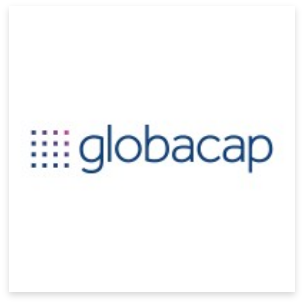

2020
JSE enters a transaction with Globacap Technology Limited (Globacap)
JSE purchased a minority stake in Globacap a leading fintech company, to establish a private placements platform to advance and digitise capital raising for infrastructure finance and SMEs.
2021
JSE Private Placements (JPP) obtains a financial services provider license

2021
JSE becomes 100% owner of JSE Investor Services
In 2020, the JSE acquired a 74.85% majority stake in Link Market Services South Africa (Pty) Ltd, subsequently renamed JSE Investor Services (Pty) Ltd. In 2021, the JSE acquired the remaining stake and expanded the services to include share plan administration services, through the acquisition of Investec Share Plan Services Propriety Limited.
2022
The JSE launches a new equity market data analytics platform


2022
JSE Clear licenced as an independent clearing house and central counterparty (CCP)
The JSE’s clearinghouse, JSE Clear, is granted a licence to act as an independent intermediary between buyers and sellers. The licence was approved by the Financial Sector Conduct Authority in agreement with the Prudential Authority and the South African Reserve Bank. JSE Clear will remain a wholly owned subsidiary.
2022
JSE to list actively managed ETFs
The Financial Sector Conduct Authority approved amendments to the JSE Listings Requirements that will pave the way for issuers to list and trade Actively Managed ETFs for the first time